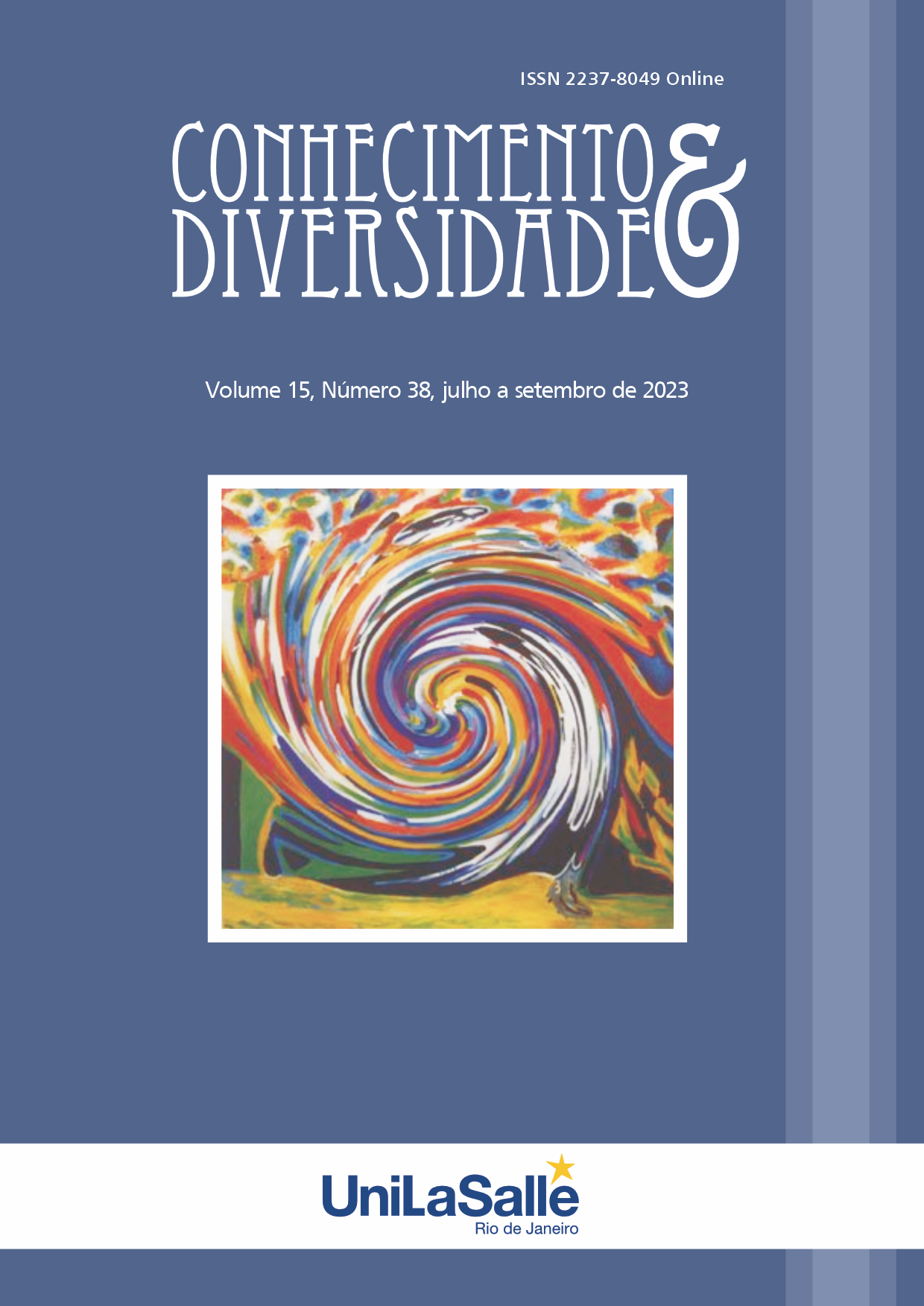DIGITALIZATION OF EDUCATION AT THE PRESENT STAGE OF DEVELOPMENT OF THE INFORMATION SOCIETY
DOI:
https://doi.org/10.18316/rcd.v15i38.11025Palabras clave:
pedagogical strategy, education, social innovationsResumen
The article theoretically substantiates, developed and practically implemented a structural and functional model for the formation of ICT competence of students of a pedagogical university, taking into account interdisciplinary integration; the pedagogical conditions that contribute to the formation of ICT competence of students of a pedagogical university are determined: interdisciplinary integration as the basis for building an interdisciplinary course, the content of which is aimed at the formation of ICT competence; informational, didactic, technological components as a basis for the formation of ICT competence; integration of formal, non-formal and informal education to implement the integrity of the acquired knowledge, skills, experience as the basis for the formation of ICT competence of future teachers; the creation and use of a set of tasks as special means of forming ICT competence, the educational process of a pedagogical university will be built in accordance with the conditions for the digitalization of education and aimed at the formation of students' ICT competence as the basis for the implementation of their future professional activities.
Citas
BORDAS-BELTRÁN, J. L. , ARRAS-VOTA A. M. Mexican students' perspectives on ICT competencies. A gender-based analysis. Revista Latina de Comunicación Social. Vol. 73: 462- 477, 2018.
BROLPITO, A. Digital skills and competence, and digital and online learning. European Training Foundation, 2018: 84, 2018.
CHEN, F., GORBUNOVA, A. R., MASALIMOVA, BÍROVÁ J. Formation of ICT-Competence of Future University School Teachers. EURASIA Journal of Mathematics Science and Technology Education. Vol. 13 (8): 4765-4777, 2017.
HOWE, N., STRAUSS W. Generations: The History of America's Future 1584-2069. New York : William Morrow and Company, 1991: 540, 1991.
KHUANWANGA, W., LAWTHONGA N., SUWANMONKHA S. Development of evaluation standards for professional experiential training of student teachers. Procedia - Social and Behavioral Sciences. № 217: 878-886, 2016.
KNOBEL, M. Digital Literacies : Concepts, Policies and Practices. New York : Peter Lang Publishing: 317, 2008.
KOLODZIEJCZAK, B., ROSZAK M. ICT competencies for academic E-learning. Preparing students for distance education - authors' proposal. ICTE Journal, 6 (3): 14-25, 2017.
LIMBERG, L., OLOF S., SANNA T. Three Theoretical Perspectives on Information Literacy. Human IT: Journal for Information Technology Studies as a Human Science. № 11: 93-130, 2012.
WILLIAMS E. You are the supervisor: The six-focus model, roles and techniques in supervision. Moscow. Independent firm "Klass". 288, 2001.
BERNARD J.M., E. DIGEST Fundamentals of clinical supervision (2nd ed.) Needham Heights, MA: Allyn&Bakon, 1998.
BERNARD J. M., GOODYEAR R. K. Fundamentals of clinical supervision. Boston: Allyn&Bakon, 1992.
BORDERS L. D., LEDDICK G. Handbook of clinical supervision. Alexandria, VA: Association for Counselor Education and Supervision, 1987.
Descargas
Publicado
Número
Sección
Licencia
Derechos de autor 2023 Alla Hotsalyuk, Ivan Chornomordenko, Nonna Varekh, Nataliia Dukhanina, Rostyslav Harmatiuk

Esta obra está bajo una licencia internacional Creative Commons Atribución 4.0.
Tal como recomienda el Public Knowledge Project, RCD adopta para sus artículos una licencia CREATIVE COMMONS: Attribution CC BY 4.0
Esta licencia permite que otros distribuyan, remezclen, adapten y desarrollen su obra, incluso con fines comerciales, siempre que le atribuyan a usted el mérito de la creación original.
Esta es la licencia más adecuada que se ofrece.
Recomendado para la máxima difusión y utilización de los materiales bajo licencia.



